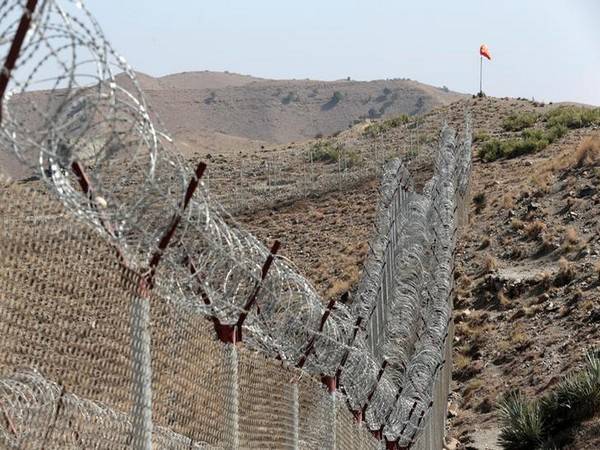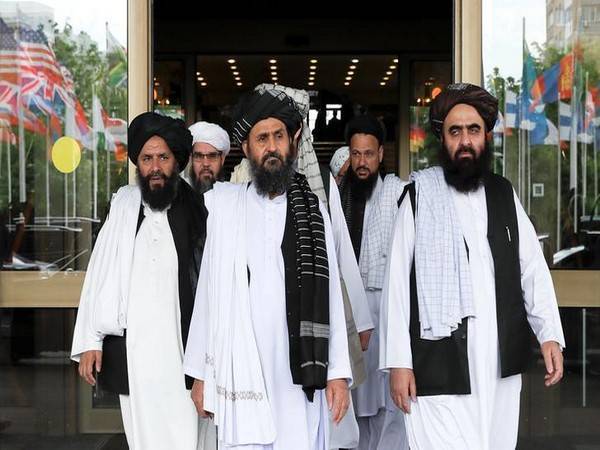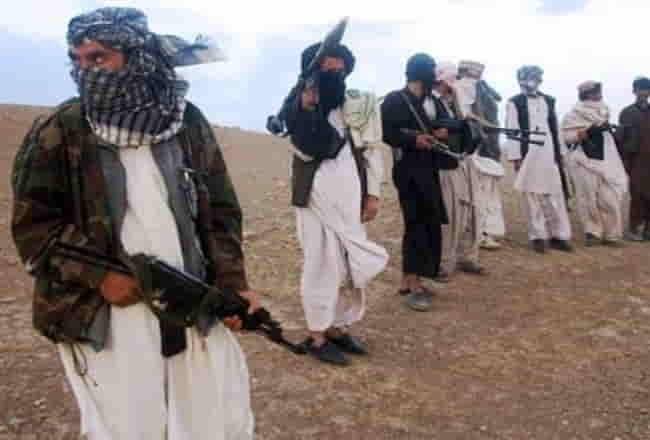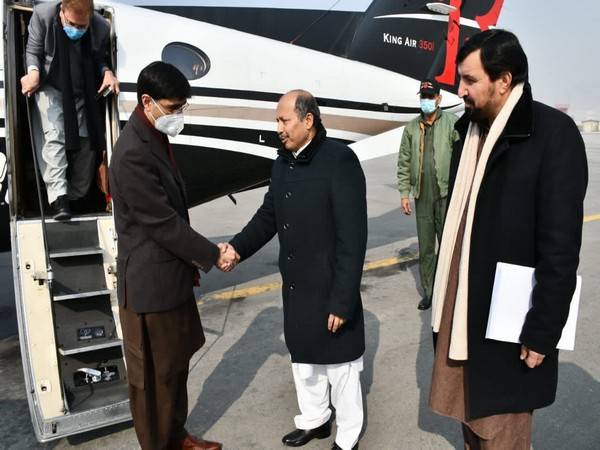Pakistan wishes to fence the border to control the movements of Pashtuns across its border, who are scattered between the Durand Line….reports Asian Lite News
Pakistan’s National Security Adviser Moeed Yusuf arrived in Kabul and met the Taliban government’s Acting Foreign Minister Mullah Amir Khan Muttaqi on Saturday.
The meeting comes amid differences between the Taliban and Islamabad over the issue of Durand Line, which decides the border between Afghanistan and Pakistan.
“Our NSA Moeed Yusuf is in Kabul with an interministerial delegation,” said Ambassador of Pakistan to Afghanistan in a tweet on Saturday.
“Had a productive meeting with Acting Foreign Minister Mullah Amir Khan Muttaqi to kick off the visit,” Khan further said in the tweet.
The Taliban insists that the Durand Line “has divided one nation on both sides,” which the Islamic outfit “does not want.”
Pakistan wishes to fence the border to control the movements of Pashtuns across its border, who are scattered between the Durand Line.
Earlier, the Taliban military has tried to stop the Pakistani military from erecting barbed-wire fences and outposts in the Nangahar Province on the Durand Line.
So far, there has not been any official engagement over the matter but Pakistan’s Foreign Minister Shah Mehmood Qureshi had said that the issue will be solved diplomatically with the Taliban.

Ties may deteriorate
The Pakistan government’s continuous attempts to interfere in the internal affairs of Afghanistan may result in deteriorating its ties with the Taliban as Afghans feel Islamabad more than required in Kabul’s affairs, according to a report.
The Taliban were grateful to Islamabad for playing a supportive role in helping them grab power in Kabul as the American troops withdrew last August. But since then, the historic good ties with the Taliban have taken a few hits, according to International Forum For Right And Security (IFFRAS).
Currently, many Afghans feel that Pakistan interferes more than required in Afghan affairs. However, Islamabad tried in all 2021 to rectify this image primarily by extending crucial aid to the Afghans. But its aid could not make a lot of changes as Islamabad’s all trade routes along the border with Afghanistan were closed, inconveniencing many Afghans for whom Pakistan is the biggest market for agricultural products, said IFFRAS.

The border closure resulted in the waste of tons of Afghan vegetables and fruits. The closure, causing inconvenience to Afghans, has made the Taliban officials in Afghanistan unhappy.
Recently, the Imran Khan government’s announcement to send the trained Pakistani professionals to Afghanistan also drew criticism.
“Pakistan Prime Minister directed the authorities concerned to explore bilateral cooperation with friendly countries as well to stave off humanitarian crisis in Afghanistan by exporting qualified and trained manpower especially in medical, IT, finance and accounting,” Imran Khan’s office had said in a tweet earlier in January.
The remarks drew criticism from Afghanistan with the former and current leaders of the Kabul regime saying Afghanistan does not need foreign manpower. Earlier, the Pakistan government had urged the Taliban to trade in Pakistani rupees, a request which was rejected by Kabul.
The Taliban and Pakistan have a lot of differences. It ranges from disagreements over Durand Line, border closure, Tehreek-i-Taliban Pakistan (TTP) and many others.

Recently, TTP has scaled up its attack in Pakistan following the breakdown of its talks with Islamabad. The Imran Khan government faced a lot of criticism over its talks with proscribed group TTP, which attacked a Peshawar Army School in 2014 and claimed the lives of over a hundred children.
A new threat of the Islamic State also looms around Pakistan. If Islamabad does not play its cards cleverly in neighbouring Afghanistan in 2022, it may end up losing the trust of both the ruling Taliban and the Islamist terror group, ISIS-Khorasan, waiting in the wings to spread orthodox Islamist law in both countries, according to IFFRAS.
Further IFFRAS said that as to the threat from the IS and ISIS-K, Pakistan thinks if in the near future the growing economic crisis in Afghanistan makes the Afghans and the moderate Taliban rise against the hardliners, the IS would want to woo them to their side. In that event, Pakistan would escape the blame of the international community because the IS is not its creation but an Arab phenomenon. (ANI)

Leave a Reply